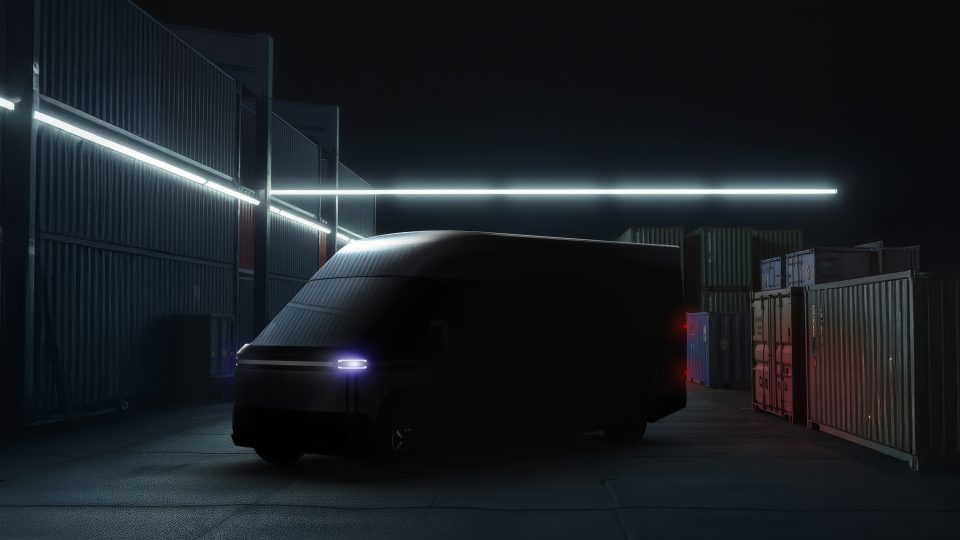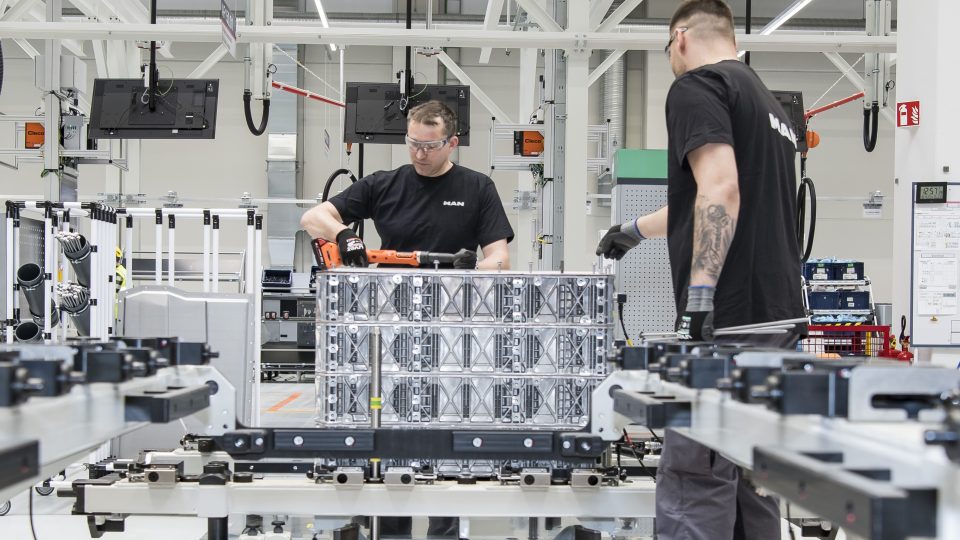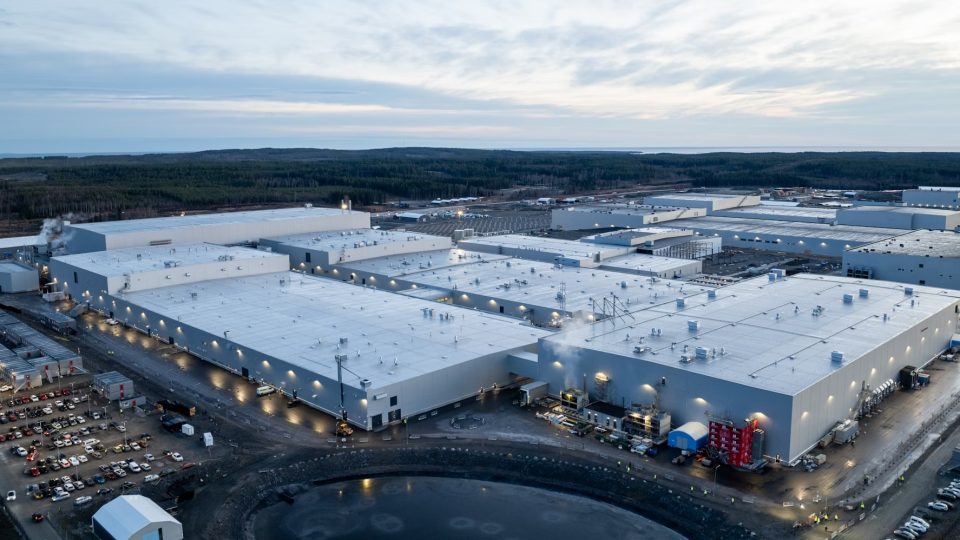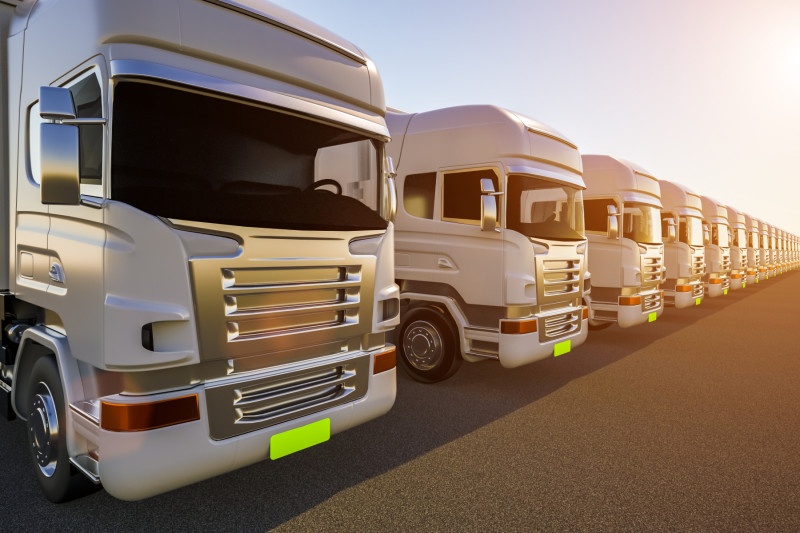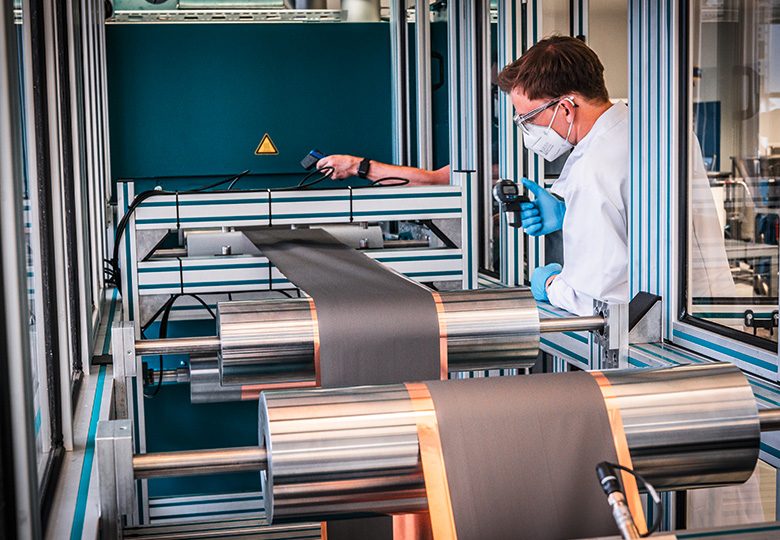Hydrogen, Bosch to start production of its fuel cell power module
Between 2021 and 2026, Bosch will have invested a total of nearly 2.5 billion euros in the development and manufacturing of its hydrogen-related technologies. U.S.-based fuel cell truck manufacturer Nikola will serve as the pilot customer.
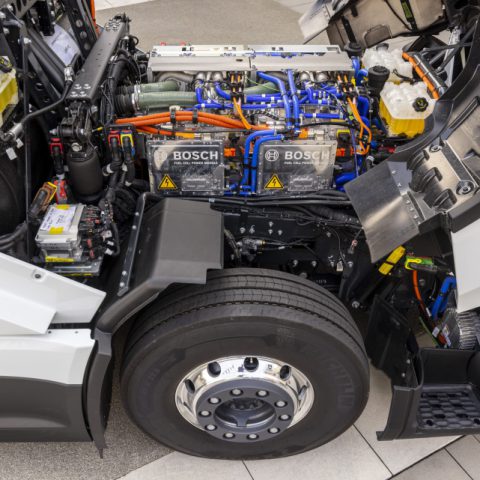
Bosch has begun volume production of its fuel-cell power module at the company’s Stuttgart-Feuerbach location. U.S.-based fuel cell truck manufacturer Nikola will serve as the pilot customer. Talking of hydrogen, between 2021 and 2026, Bosch will have invested a total of nearly 2.5 billion euros in the development and manufacturing of its hydrogen-related technologies. Even now, there are more than 3,000 people at Bosch working on hydrogen technologies, more than half of them in Europe. By 2030, Bosch plans to generate sales of roughly 5 billion euros with hydrogen technology.
Bosch fuel cell power module
The German-based technology giant started constructing prototypes for electrolysis using proton exchange membranes. In other words, the reverse of the energy conversion method used in mobile fuel cells. Starting in the fall, the company intends to make 1.25-megawatt prototypes available for pilot applications, and is on track to start volume production in 2025. Bosch is exploring several options for the use of hydrogen. Apart from the fuel-cell powertrain, Bosch is also working on the hydrogen engine, developing systems for both port and direct injection of hydrogen. This solution is particularly suitable for heavy vehicles on long hauls with especially heavy loads. One major advantage is that more than 90 percent of the development and manufacturing technologies needed for it already exist. The H2 engine is expected to be launched starting in 2024.
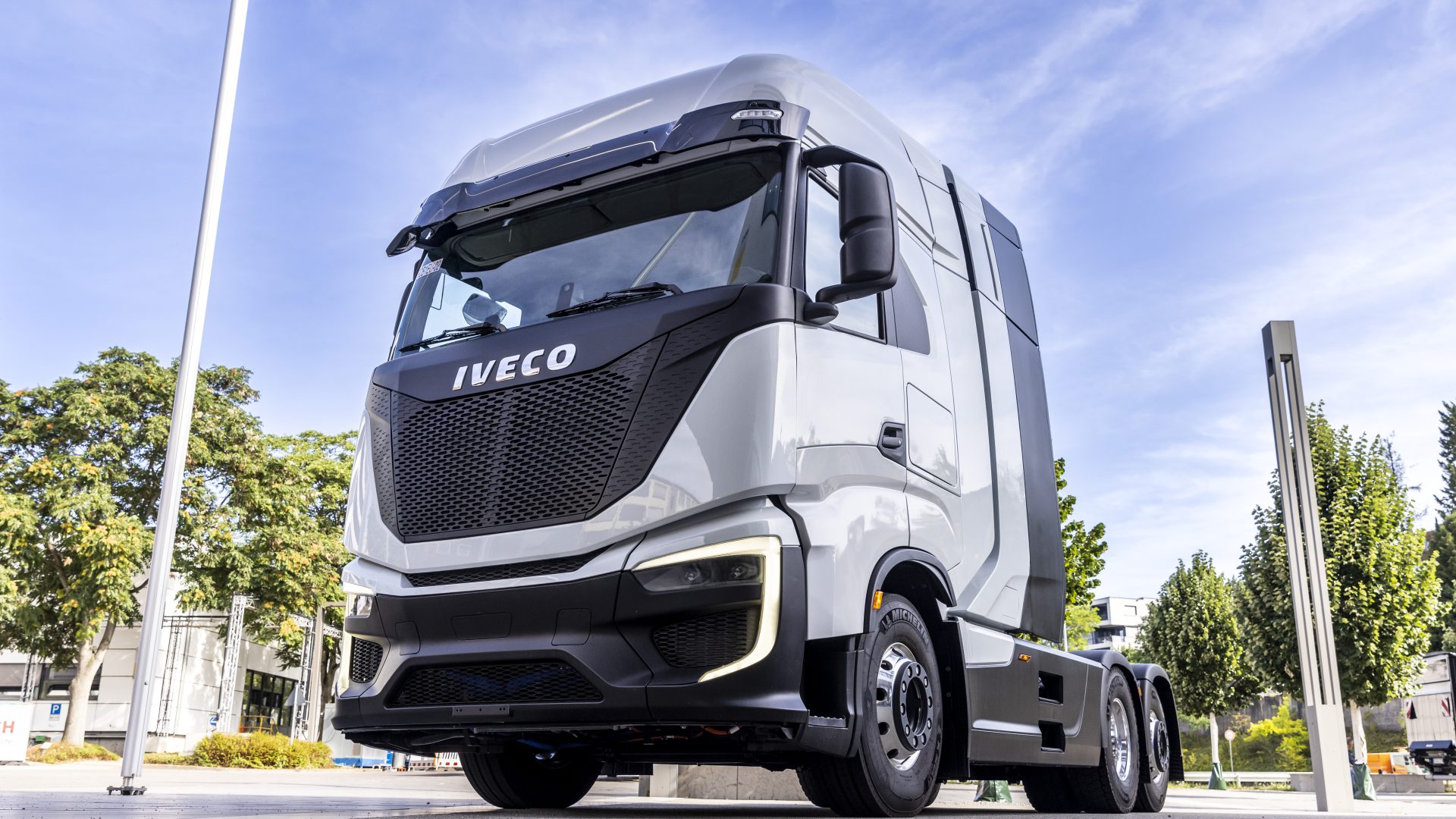
“Bosch is one of the very few companies that are capable of mass producing technology as complex as fuel-cell stacks. We don’t just have the required systems expertise, but also the capability of quickly scaling up new developments to mass production”, stated Markus Heyn, member of the Bosch board of management and chairman of Bosch Mobility.
“Bosch is the first company to produce these systems in both China and Germany,” added Stefan Hartung, the chairman of the board of management of Robert Bosch GmbH. “Here in Stuttgart-Feuerbach, in the plant whose history goes back further than any other Bosch plant, the hydrogen future is about to happen”.




